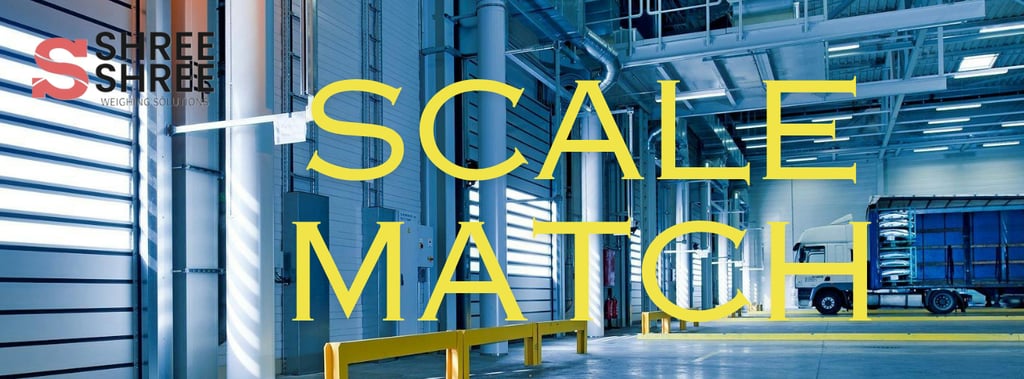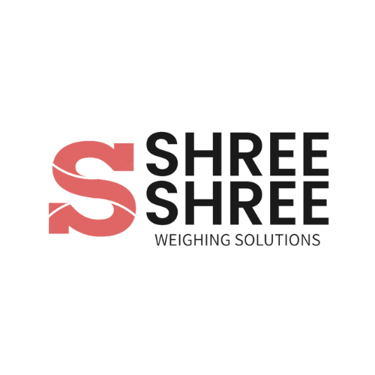How to Choose the Right Weighing Scale for Your Business Needs
Selecting the right weighing scale for your business is a crucial decision that affects accuracy, efficiency, and even customer trust. Whether you’re running a supermarket, a pharmacy, a warehouse, or a jewelry shop, choosing the correct weighing scale is essential for smooth operations. At Shree Shree Weighing Solutions, we help you navigate the various options available to find the perfect fit for your business. Here’s a guide to help you choose the right weighing scale.
5/10/20253 min read


1. Consider Your Business Type
The first step in selecting a weighing scale is to consider the nature of your business and the type of items you need to weigh. Different industries have varying demands for accuracy, capacity, and features.
Retail and Supermarkets: For items ranging from fruits and vegetables to packaged goods, you’ll need compact digital scales with price computing and unit conversion functions.
Pharmaceuticals: High-precision scales like analytical balances are necessary for measuring small quantities accurately, often in milligrams.
Industrial Use: Large, high-capacity platform scales are required for weighing heavy goods or pallets.
Jewelry Stores: You’ll need precision balances capable of weighing tiny amounts, often with gram accuracy.
2. Determine the Weight Capacity
Every weighing scale has a maximum weight limit. It’s important to match the scale's capacity to the heaviest item you plan to weigh. For example:
Lightweight items (up to 5 kg): A small digital kitchen scale or retail scale might suffice.
Medium-weight items (up to 100 kg): Consider a floor scale or industrial platform scale.
Heavy items (up to several tons): Large vehicle or pallet scales are necessary for weighing heavy goods, machinery, or vehicles.
Always choose a scale with a higher capacity than your heaviest item to prevent damage and ensure long-term reliability.
3. Accuracy and Precision
Different scales offer varying levels of precision—from basic retail scales that measure to the nearest gram to analytical balances that measure with milligram precision. The accuracy of your scale depends on the type of business:
For basic weighing needs in retail or storage, an accurate digital scale with a margin of error of 1-2 grams may be sufficient.
For high-precision applications such as laboratories or jewelry stores, you’ll need a high-precision scale that offers accuracy in milligrams or even micrograms.
4. Features You Need
Modern digital weighing scales come with several advanced features that can improve your efficiency and ease of use. Some of the features you might want to look for include:
Tare Function: Automatically subtracts the weight of containers for more accurate measurements.
Unit Conversion: Allows you to switch between different units like kg, g, lb, oz, liter with ease.
Memory Function: Store prices or product weights for faster transactions.
Connectivity: For integration with POS systems, inventory management software, or printers for seamless record keeping.
Legal Metrology Certification: Ensures your scale complies with local weights and measures regulations.
5. Portability and Space Considerations
If you need to move your scale around frequently, or if you have limited counter space, consider a portable or compact digital scale. For larger operations, a platform scale may be more suitable, but ensure you have the space to accommodate it. Features like foldable designs, lightweight frames, and casters for mobility can be helpful in situations where portability is important.
6. Durability and Build Quality
The durability of your scale is essential to its long-term performance, especially in high-demand environments. Look for scales that are made from high-quality materials like stainless steel, which offers corrosion resistance and strength. A sturdy, shock-resistant platform is crucial if you're in an industrial or heavy-duty setting.
For retail and office environments: A sleek, light model is ideal.
For industrial or warehouse use: Go for heavy-duty scales built to withstand rugged conditions and frequent use.
7. Legal Compliance and Certification
In India, all commercial weighing scales must meet Legal Metrology standards. This is to ensure that scales provide accurate measurements and comply with national trade regulations. When purchasing a weighing scale for commercial use, ensure that it comes with the appropriate Legal Metrology certification.
At Shree Shree Weighing Solutions, all our scales are Legal Metrology approved, so you can be confident that your scale will meet the necessary legal requirements for trade.
8. Maintenance and Support
When choosing a weighing scale, consider the maintenance requirements. Look for models that are easy to calibrate and clean, and check if the manufacturer offers after-sales support. Many brands offer Annual Maintenance Contracts (AMCs) that can help you avoid unexpected repair costs and downtime.
Conclusion
Choosing the right weighing scale is more than just a functional decision—it’s an investment in the accuracy, efficiency, and reputation of your business. Whether you need a simple retail scale or a high-precision industrial scale, Shree Shree Weighing Solutions offers a wide range of high-quality products designed to meet your specific needs.
Need Expert Advice?
📞 Get in touch with us today to find the best weighing scale for your business needs.
📍 Visit our showroom in Ahmedabad or book a free demo at your location in Gujarat.
